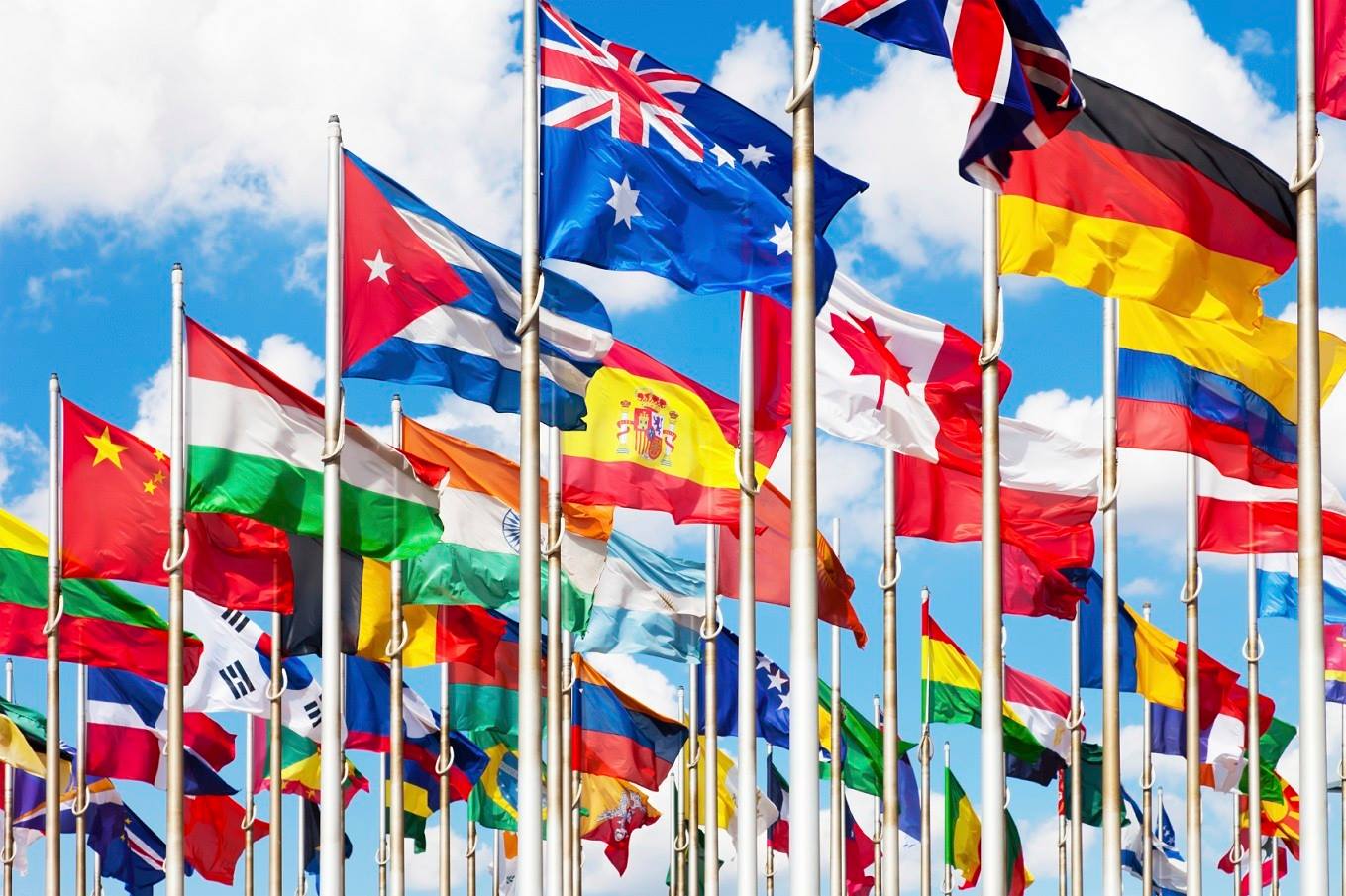
In Defense of Denmark: The Sensibleness of the Restrictive Danish Immigration Policies
Written by Amelie Theussen, Ph.D. Candidate at Center for War Studies
We here at Research Frontiers have commented on the refugee crisis and immigration policies before, for example on Angela Merkel’s decision to open Germany’s borders last autumn. While the German chancellor’s decision was celebrated as victory of humanitarianism, Denmark’s restrictive policy approved earlier this year provoked international criticism and even harsh comparisons to the Third Reich and Nazi policies. In an op-ed for Foreign Policy entitled In Defense of Denmark, James Kirchick makes the case for the Danish policy as sensible policy choice – perhaps the most sensible in Europe.
Most sensible way
After Denmark greatly reduced the benefits for refugees and placed an advertisement discouraging refugees from coming to Denmark in Lebanese newspapers last year, as well as delayed family reunification and passed a much-criticized asset seizure law earlier this year, the country has attracted much international criticism. However, as Kirchick points out, Denmark’s position on the refugee crisis is far from unproductive and inhumane, as some of the critics would call it; rather, it might just be the most sensible way to deal with this crisis.
The Danish asset seizure law is not unique in Europe; other states, such as the Netherlands, Switzerland and some German States have similar legislation. And rather than simply taking everything of value from the refugees, it allows authorities to confiscate valuables in excess of 10 000 kr. but exempts pieces of special sentimental value (such as wedding rings). For Kirchick it has to be seen as extension of the principle of social egalitarianism, the foundation of the Danish welfare system.
Taking care of yourself
He quotes the Danish ambassador to the U.S., Lars Gert Lose: “A fundamental principle in the Danish welfare system is, if you have the means to take care of yourself, you take care of yourself,” Lose told Kirchick. “If you don’t have the means, the state will take care of everything from housing to education. This principle applies to Danish citizens as well.”
Kirchick argues it is in this light the asset seizure law has to be seen. Just like the advertisement in the Lebanese newspaper, the law seems also intended to send the message that “Europe cannot simply let the entire world move in”. As heavily criticized as sending this message was, it seems that even Angela Merkel has come to realize its necessity, Kirchick points out. Retrospectively, and in comparison to the policies of Denmark’s neighbors Germany and Sweden, the Danish approach to the refugee crisis seems to be the most sensible.

Norse perspectives
In Sweden, the Sweden Democrats are on the rise and in Germany the Alternative für Deutschland (AfD) has gained greatly in a series of regional elections, and in both countries migrants have been the target of numerous attacks. In Denmark, however, immigration skeptic views are part of the political conversation and political process.
In Kirchick’s view “anti-migration sentiments are thus channeled in a healthy way — the parliamentary process — and not onto the streets”. For Kirchick, the rise of populist political parties with anti-immigration and anti-EU agendas across Europe is the consequence of irresponsibly liberal immigration policies. European leaders have too long rejected the concerns of their constituents regarding migration and national identity as taboos.
Read more
Contrary to other European states, Danish policies have followed the belief that it is “more prudent to accept migrants on a manageable basis rather than a starry-eyed idealism that overpromises — both to the migrants and native Danes.”
While you might disagree with Kirchick’s point of view, his entire argument is certainly worth a read. Find his article at Foreign Policy here.